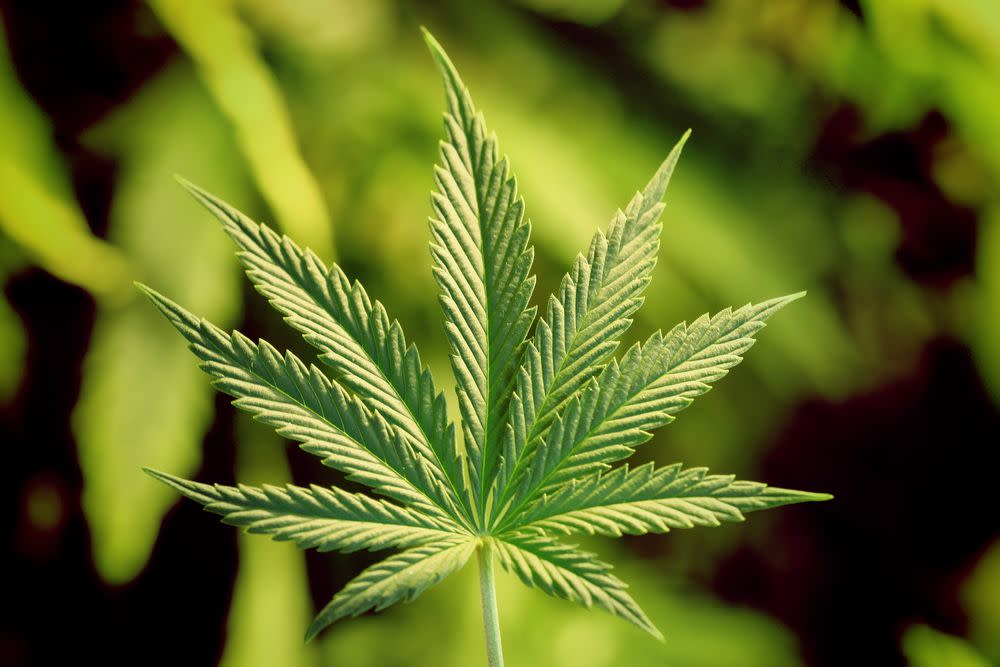6 Important Environmental Films and Series That'll Make You Stop and Reflect
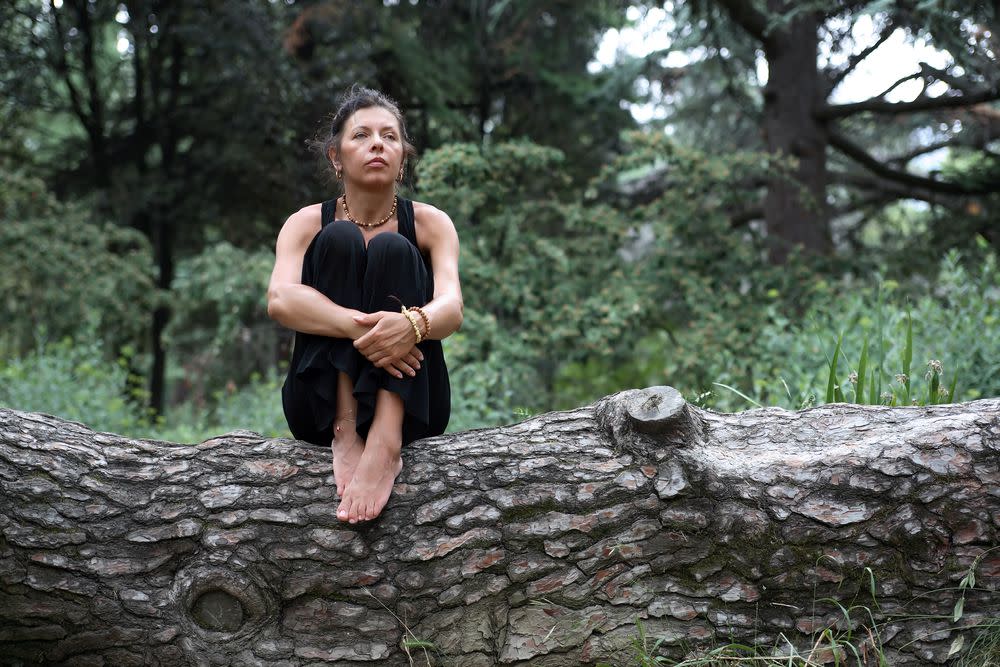
Looking for something to watch? Check out these environmental films and TV shows from recent years.
Our Great National Parks
Along with protecting more lands than any other president, add Emmy Award-Winner for Best Narrator to former president Barack Obama’s accomplishments. Over five episodes, this short series transports viewers to ten countries over five continents and features a few of the 4,000-some National Parks around the world.
Obama’s narration guides us through the landscapes and wildlife of Gabon, Madagascar, Japan, Costa Rica, Australia, Rwanda, Chile, Kenya, and Indonesia, with shots of remote landscapes and rare species: a 1,000-year-old Japanese cedar tree, a one-ton leatherback turtle, and Super Tusker elephants among them. In the US, we’re taken through Hanauma Bay Nature Preserve in Hawaii (near where Obama grew up), Monterey Bay National Marine Sanctuary in California, and Yellowstone National Park in Wyoming.
Beyond just showing us these magnificent natural places, Obama also explains how government-regulated lands can have beneficial relationships with nearby populations, and how more protected land means a better life for all of us. He concludes the show with a call to action: “Vote like the planet depends on it.”
To The End
Directed by Rachel Lears and produced by Sabrina Schmidt Gordon, To The End highlights the efforts of four powerful women of color who have been champions of the Green New Deal: Alexandria Ocasio-Cortez, U.S. House Representative; Varshini Prakash, co-founder of the Sunrise Movement; Alexandra Rojas, executive director of the Justice Democrats; and Rhiana Gunn-Wright, climate policy director for the Roosevelt Institute.
The Green New Deal aims to transition the U.S. economy to 100% renewable energy in 10 years, with jobs and justice at the center. Similar to Roosevelt’s New Deal, the GND isn’t a single bill, but a framework for future policies. The film debuted at the 2022 Sundance Film Festival and was filmed over four tumultuous and significant years for climate policy. The footage moves from California wildfires, to the halls of Congress, to protests in the streets, up until the end of 2021 with President Biden’s Build Back Better Act, which barely passed in the House, and would later fail in the Senate. The film conveys the roadblocks, compromises, and hopelessness that these women and other champions of climate action often experience, but also the joy of victory and change.
High Water
Based on true events, High Water tells the story of a Polish city underwater. The Central European Flood (or the Oder Flood) of 1997 sunk 40% of Wroclaw, Poland underwater after several months’ worth of rain fell within just a few days. The flood began in the Czech Republic and spread to Germany and Poland, and ultimately killed 114 people. Directed by Jan Holoubek and Bartłomiej Ignaciuk, this show is a fictionalized account of the decisions made by scientists and the government before, during, and after the disaster. In the midst of our current environmental crisis, High Water is eerily reminiscent of the recent floods and other natural disasters caused by climate change now, 25 years later. The show asks audiences to consider the increasing frequency of these disasters and how our handling of them alters cities and communities forever.
Polar Bear
Yes, it stars a polar bear, but this Disney nature film has none of the Snow-White-like animals of classic Disney tails. Directed by Alastair Fothergill and Jeff Wilson and narrated by Catherine Keener, Polar Bear chronicles the lives of a mother polar bear and her two cubs in the Arctic, filming them through all of the seasons and challenges they face. Using memories of her own upbringing, the mother tries to teach her own cubs how to survive in a harsh, changing environment. The film highlights how climate change has impacted this landscape and threatened the livelihood of polar bears as ice flows shrink and seal populations diminish. “The Arctic could be ice-free by the summer of 2040,” the movie reminds viewers. “The actions we take today can positively change the future of polar bears”
How to Change Your Mind
Based on the 2018 book by Michael Pollan, this docuseries directed by Lucy Walker and Alison Ellwood turns the camera on psychedelic substances and their capacity to aid human health. Each of the four episodes focuses on the uses and history of one drug: LSD, psilocybin (a compound found in mushrooms), MDMA, and mescaline (a compound found in cacti). Guided by Michael Pollan himself, the show explores psychedelic therapy and the traditional and sacramental uses of these substances that have been employed for centuries. Interviews with practitioners and participants show the capacity of psychedelics to treat addiction, anxiety, depression, obsessive-compulsive disorder, and post-traumatic stress disorder, as well as the strong governmental resistance that psychedelic therapy has faced.
Down to Earth with Zac Efron: Down Under Season 2
Zac Efron is our tour guide for a second season of Down to Earth. Season one featured Efron and co-host/wellness expert Darin Olein, who traveled to different countries to learn about healthy and sustainable living, and to “find some new perspectives on some very old problems.”
Season two looks a little different. After Efron found himself stuck in Australia as the pandemic lockdowns of March 2020 began closing borders, he now presents a season that focuses entirely on the Australian continent and the conservation efforts happening there. Each episode has a different focus, including habitat conservation, waste, the Torres Strait, wildfire, aboriginal voices, and eco-innovation. Across eight episodes, see the efforts of Australian organizations that are saving koalas and other wildlife from the devastating bushfires of 2020, participating in regenerative agriculture, restoring the Great Barrier Reef, breeding threatened Tasmanian devils, and the Aboriginal communities that are protecting lands.
This article originally appeared on EcoWatch and was syndicated by MediaFeed.
More from MediaFeed:
These 6 Easy Lifestyle Changes Can Help the Environment

Sometimes, it feels as if there’s not much we as individuals can do to help with the climate crisis. It’s as though our actions feel like drops in the bucket compared to the overwhelming threat of climate change. But according to a new study, our actions can make an enormous difference in reducing emissions and staving off the worst effects of climate change.
mapodile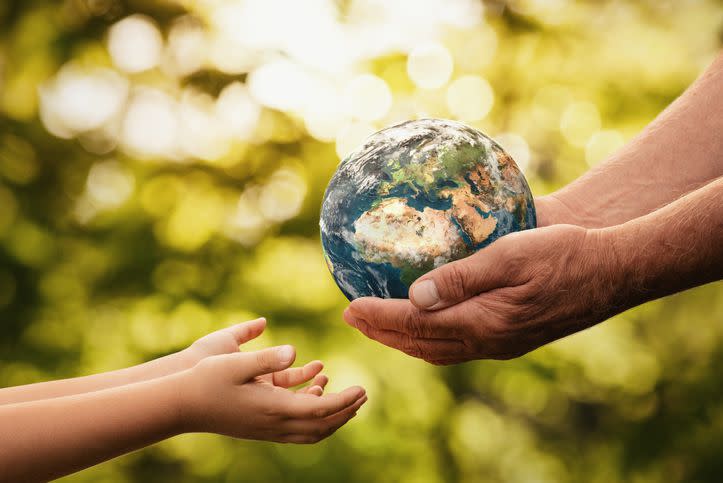
The study found that making “The JUMP” — a new movement to prompt relatively wealthy people to commit to making these six changes within 10 years — could be responsible for a fourth of the reductions in emissions necessary to achieve a global heating limit of 1.5 degrees Celsius, reported The Guardian.
“This ends once and for all the debate about whether citizens can have a role in protecting our earth. We don’t have time to wait for one group to act, we need ‘all action from all actors now,’” said co-founder of The JUMP Tom Bailey, as The Guardian reported.
Nastco / istockphoto
The study, published on Monday and conducted by scholars from Leeds University in the U.K., found that there are six specific lifestyle changes that the people and governments of rich countries can commit to that have the potential to greatly reduce the overconsumption that is a huge contributor to the climate crisis.
The research was analyzed by the C40 Cities Climate Leadership Group, which evaluates the effects of people’s consumption in 97 of the leading cities of the world, as well as experts from the design and engineering firm Arup.
DepositPhotos.com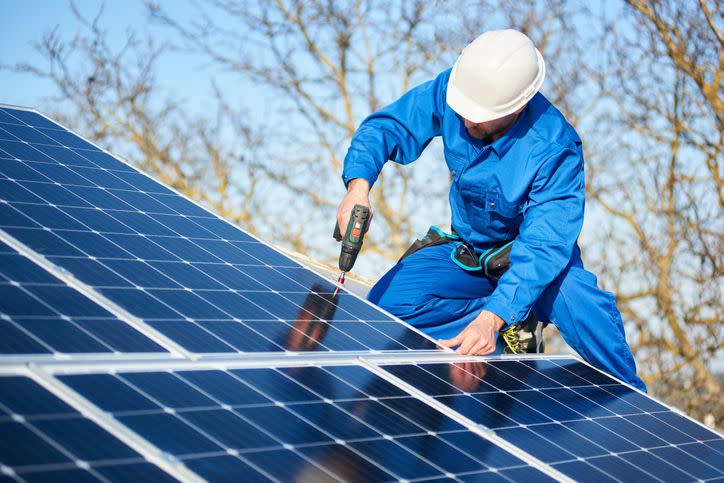
According to WION, the lifestyle changes — which The JUMP encourages people to sign up for and implement for one, three or six months and to enact as much as they can even if it’s not 100 percent successful — include:
- Eating a mostly plant-based diet, with no waste and healthy portions
- Buying no more than three new items of clothing per year
- Taking at most one short-haul flight every three years and one long-haul flight every eight years
- Keeping electrical products for a minimum of seven years
- Getting rid of personal motor vehicles or using the one you have for longer
- Making at least one life shift to impact the overall system, such as switching to green energy or changing your pension supplier
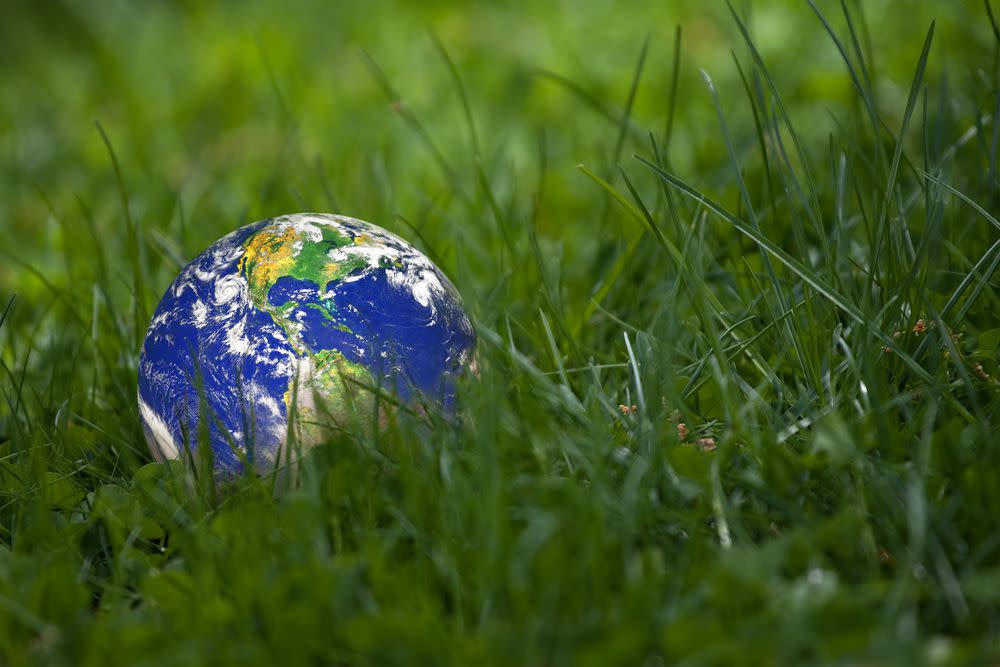
“This is not just new information, or a normal behavior change ‘campaign,’ but a fun movement that is working to go way beyond the usual ‘greenie’ suspects,” Bailey said, as reported by The Guardian. “A movement that is able to engage all types of people… engaging and being led by communities of color and the economically excluded.”
Examination of the data concluded that the six steps have the potential to reduce global emissions by 25 to 27 percent.
DepositPhotos.com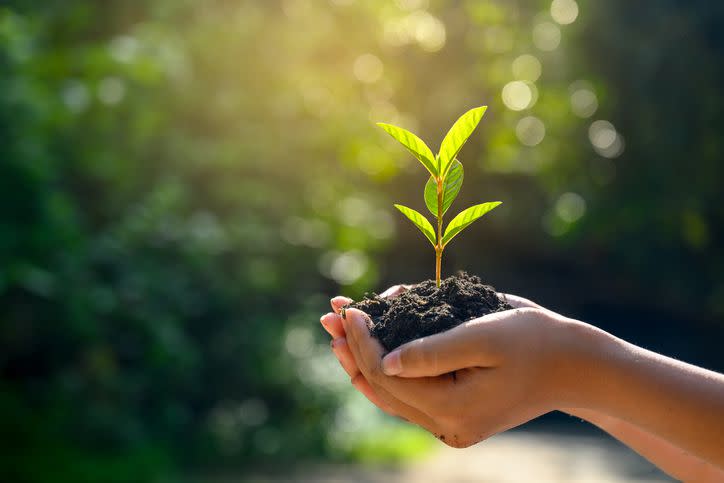
Ben Smith, leader of the analysis and director of climate change at Arup, said that it was important for everyone in all parts of society to do something, and individual action was one of the simplest places to start.
“Our research shows that all of us, from politicians, city and business leaders to individual citizens, have important roles to play. And it is clear there’s lots that we can do as individuals, and that this is one of the easiest and quickest places to start,” Smith said, as The Guardian reported.
sarayut / istockphoto
The implementation of some of the changes may be difficult for people who live in places where public transportation is inaccessible, for instance, and alternatives to individual vehicles will depend upon changes to the overall system.
According to Bailey, in the recent past it was widely believed in climate circles that the actions of individuals didn’t have as much of an effect on climate change as governments and corporations, and that the only recourse was to collectively call for systematic change by these groups.
alvarez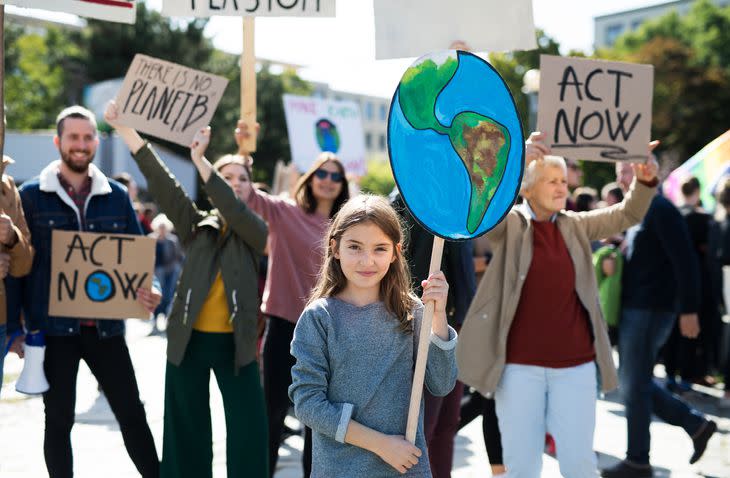
“The research is clear that governments and the private sector have the largest role to play but it is also equally clear from our analysis that individuals and communities can make a huge difference,” Bailey said, as The Guardian reported.
Taking part in The JUMP doesn’t have to mean carrying out all of the pledges perfectly; simply “making a start” can have a significant effect, said Bailey.
“This isn’t going back to the stone age; it’s just finding a balance. Less consuming in relatively rich western countries can mean more creativity, comedy, connection … Live for joy, not for stuff,” Bailey said, as reported by The Guardian.
This article originally appeared on Ecowatch.com and was syndicated by MediaFeed.org.
Halfpoint / istockphoto